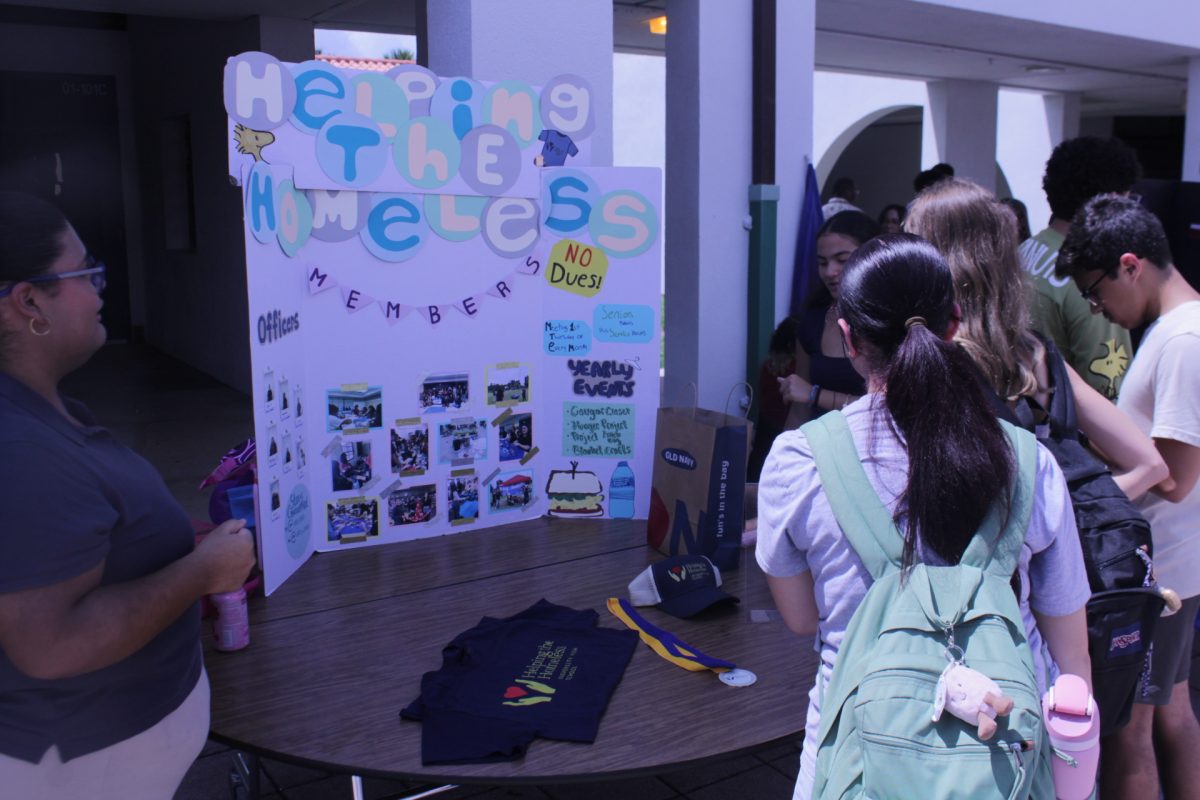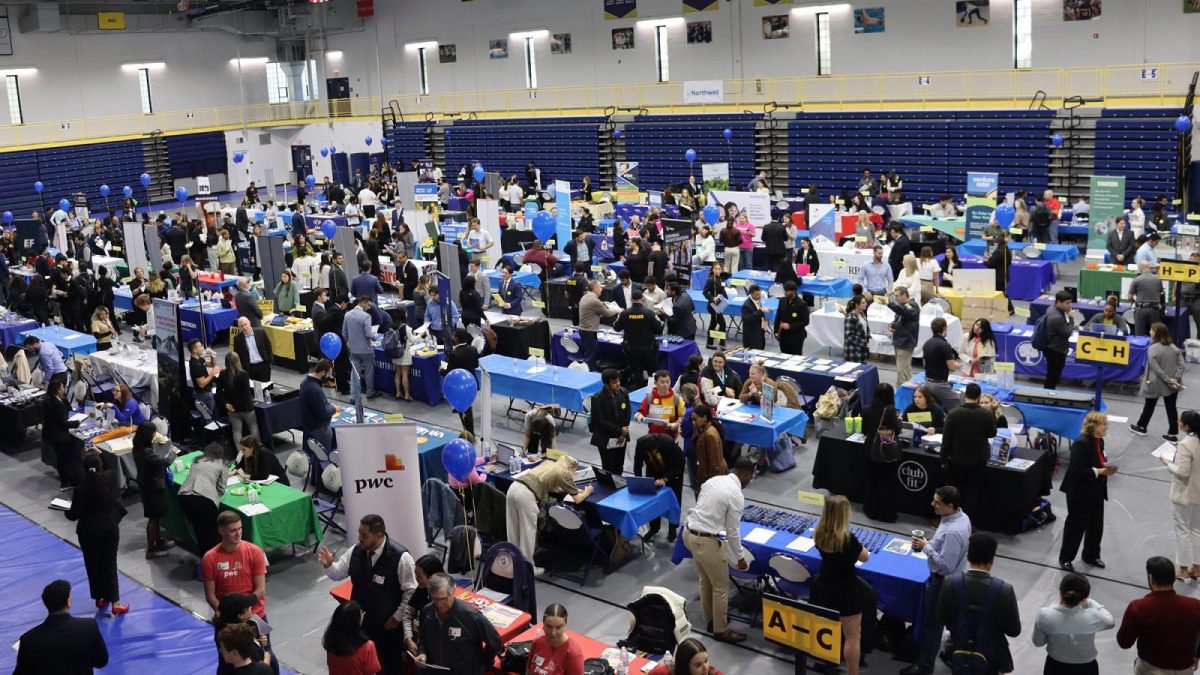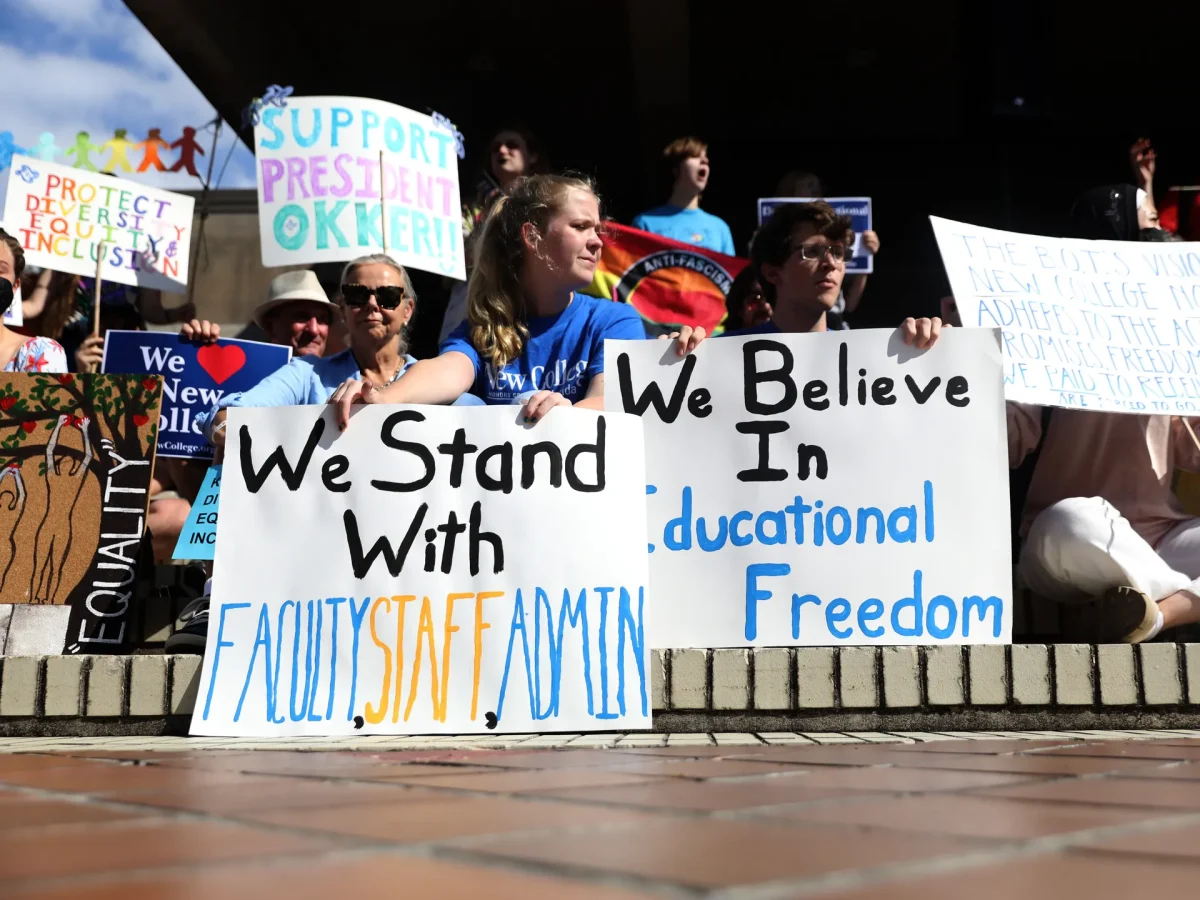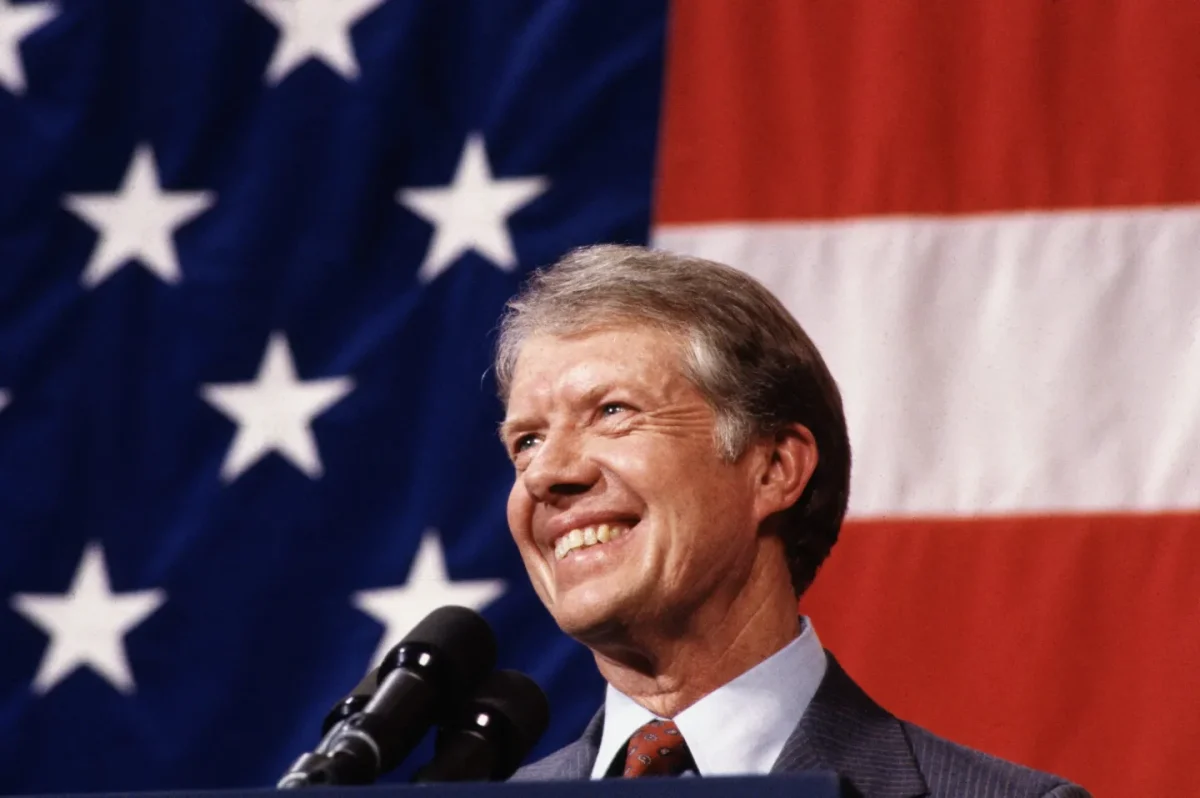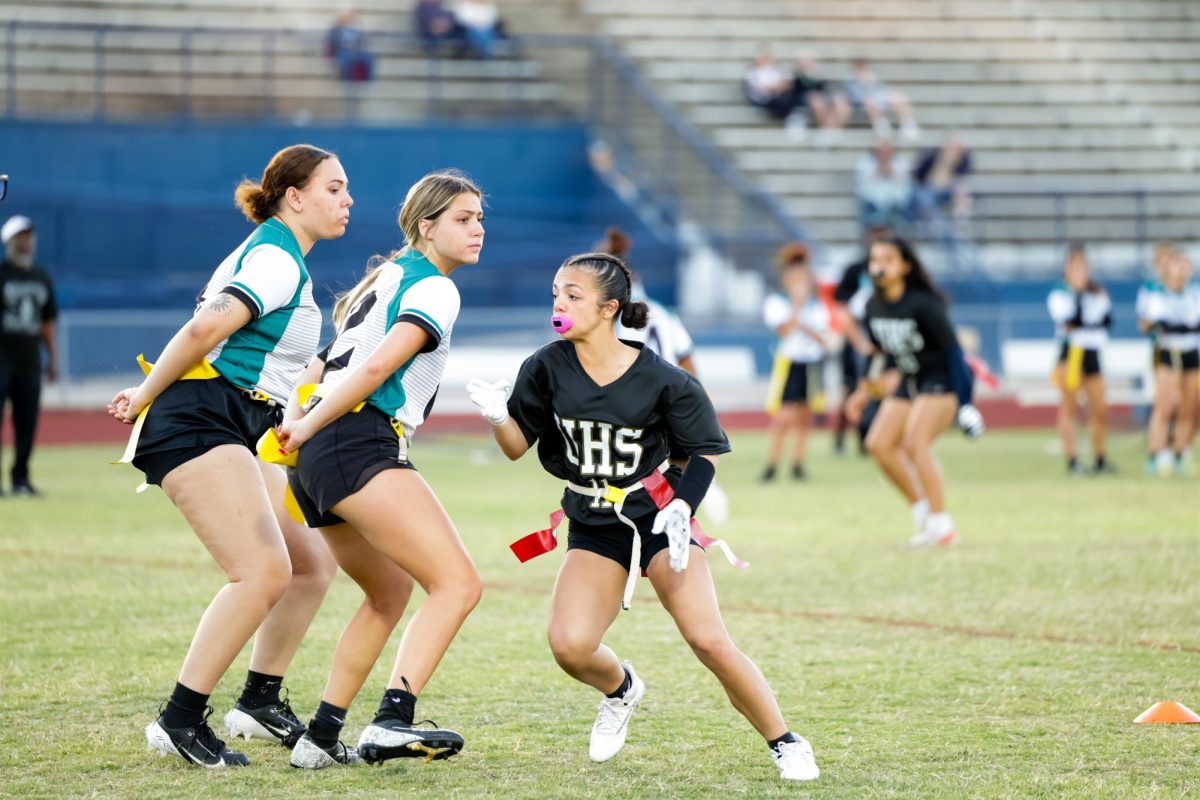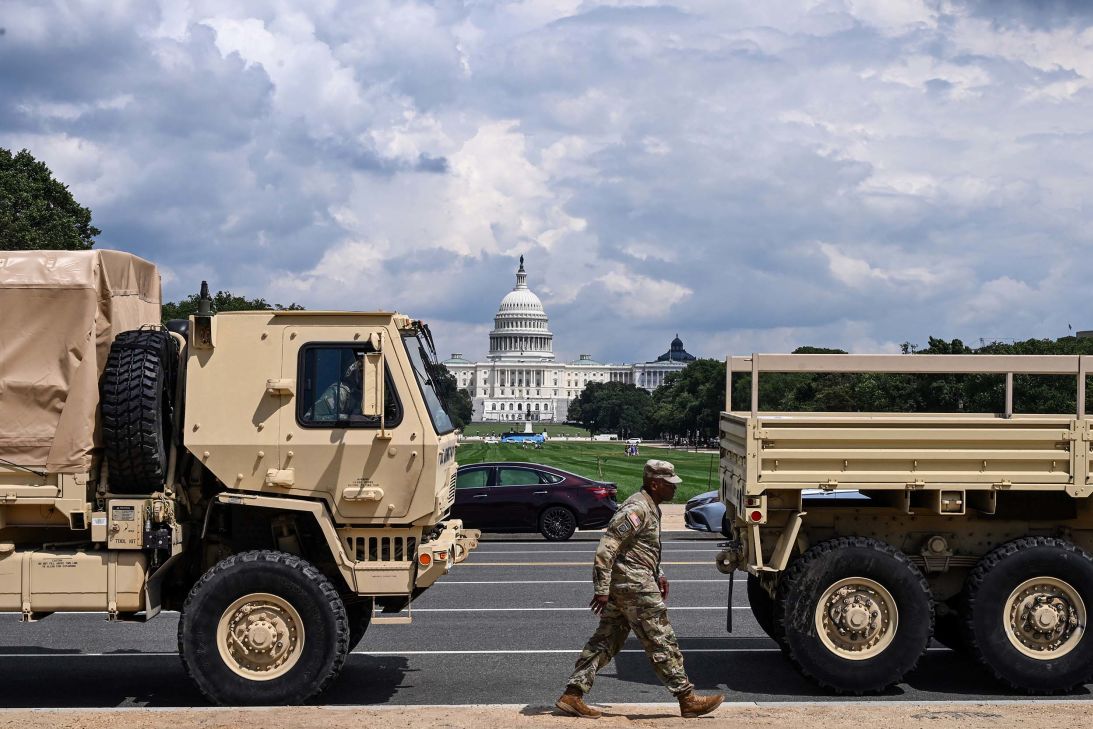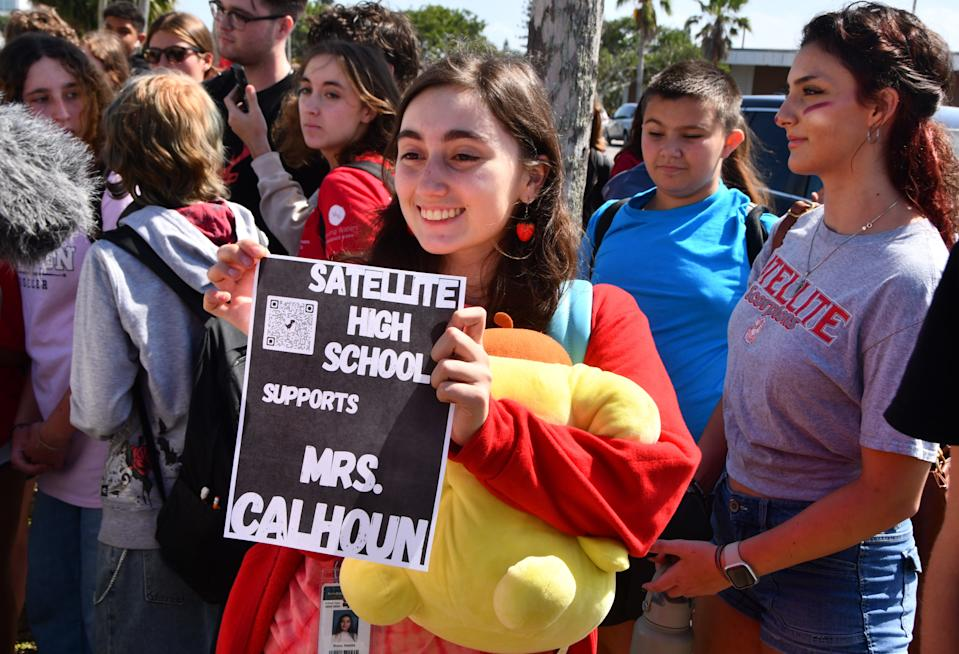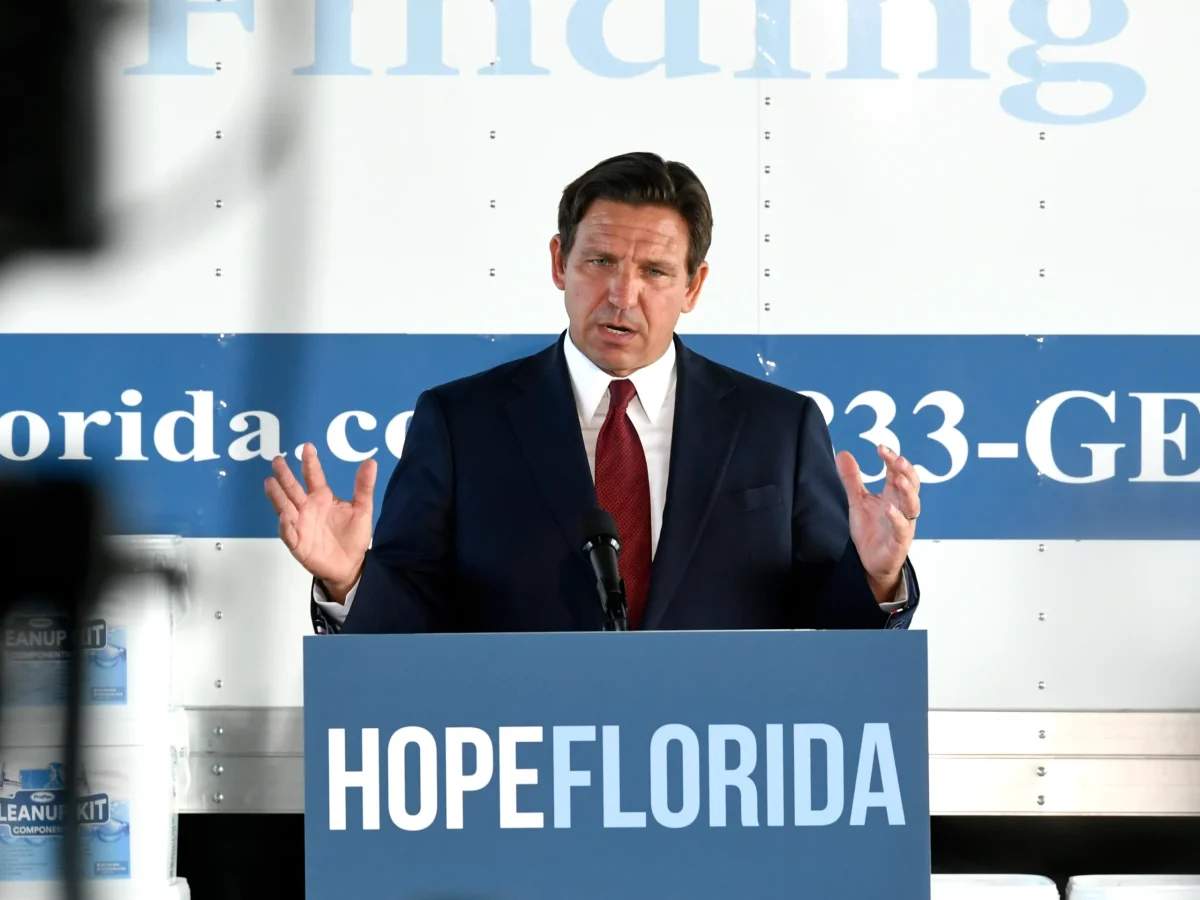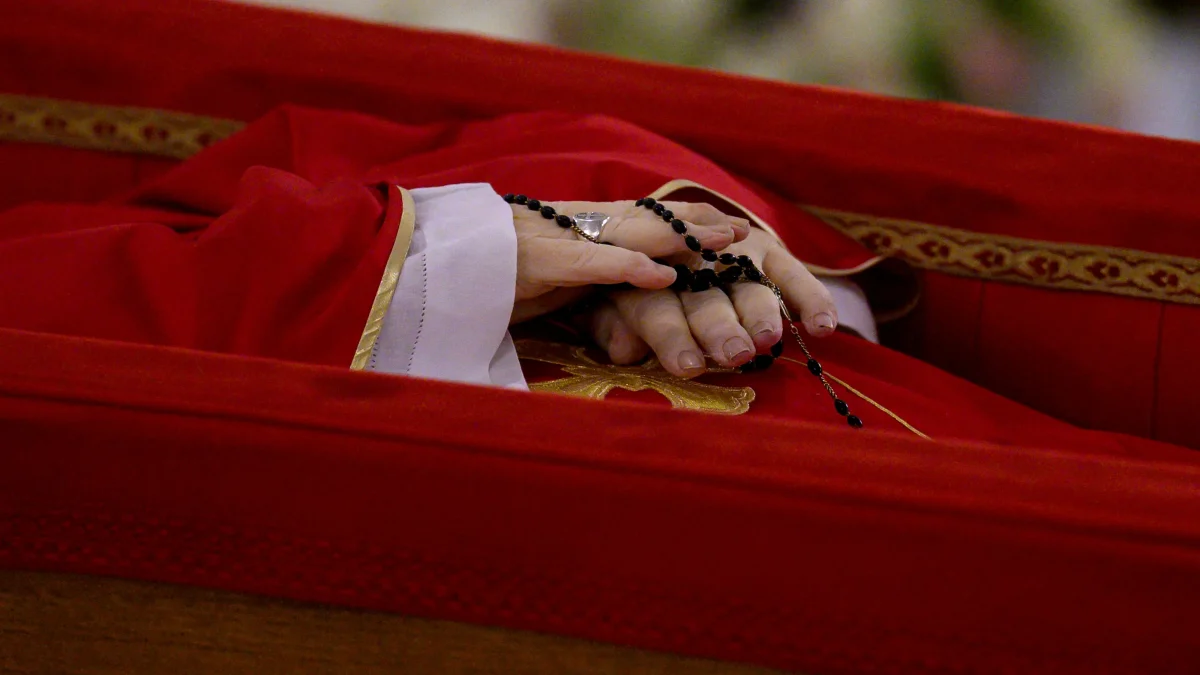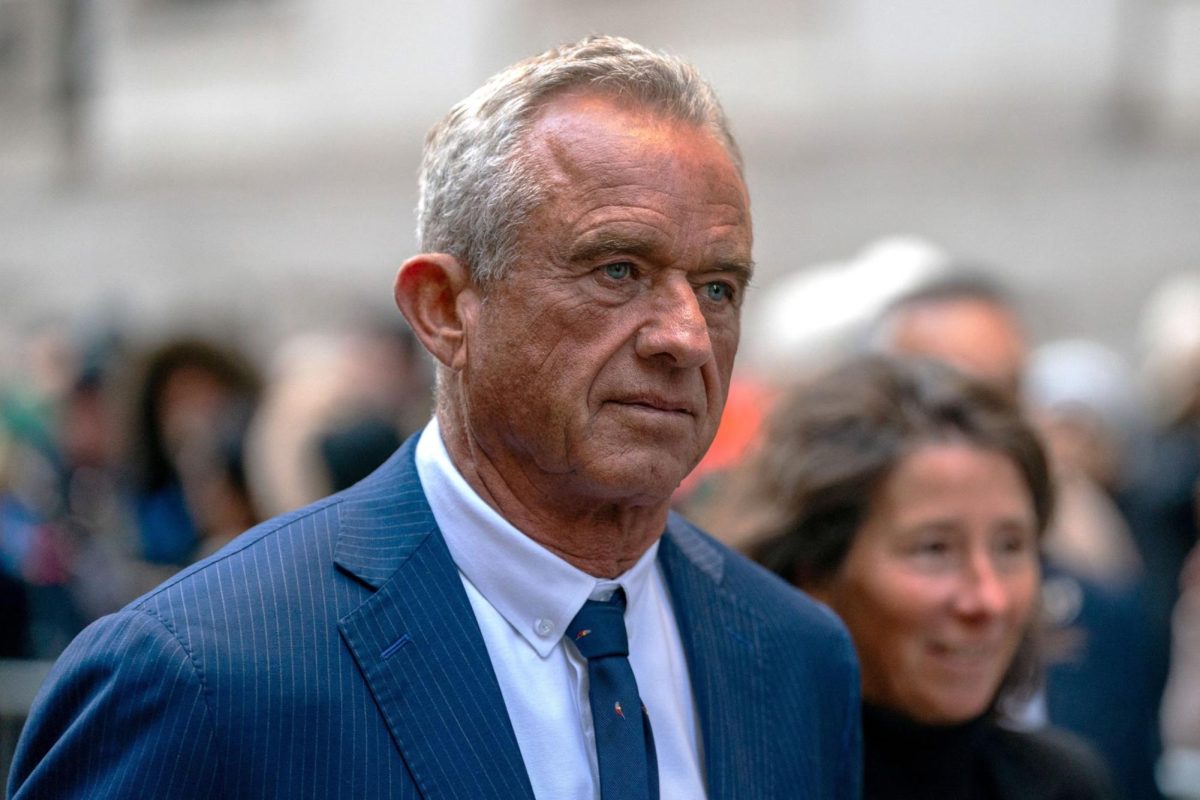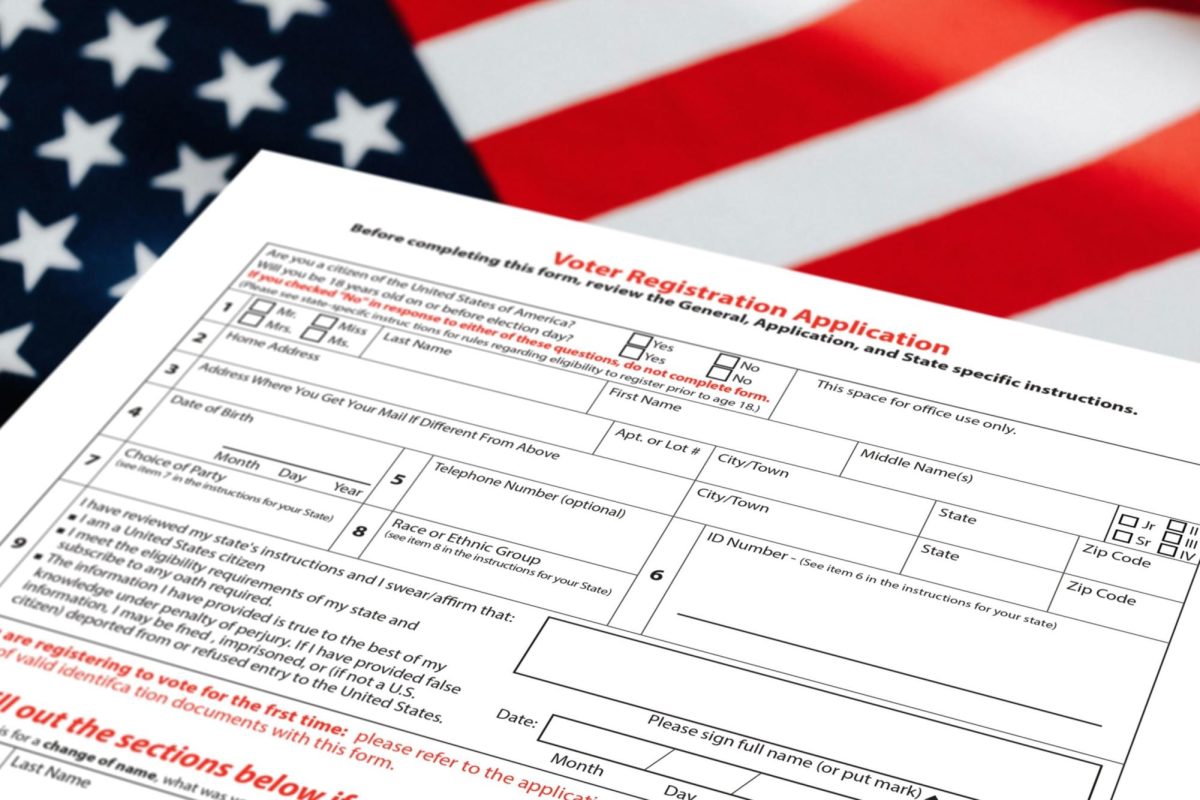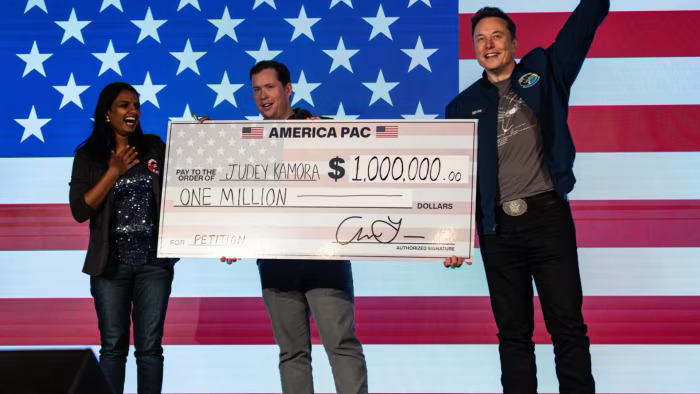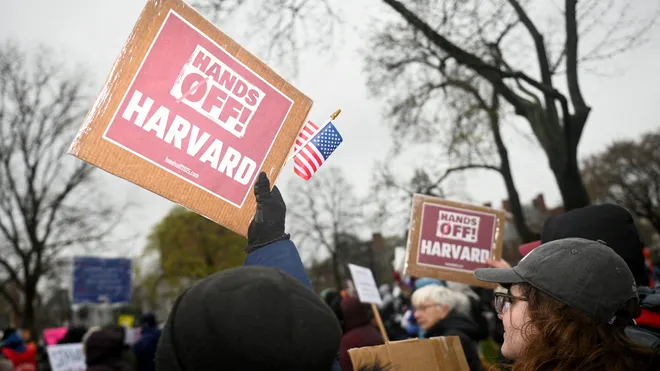Elon Musk is in the news for his plan to give away $1 million to people in Pennsylvania who signed a petition to encourage voter turnout for the upcoming election. His America super PAC is using a lottery-style approach, promising big cash prizes to get people to participate.
However, this plan sparks legal queries. Federal election laws principally condemn financially compensating people to register or vote, and experts are divided on whether Elon Musk’s actions are sanctioned. Critics say that since the money is for petition signers, it might be allowed, while others believe it crosses a line. Some politicians are concerned about how such lucrative incentives could affect politics.
In addition to this initiative, Elon Musk has been making public appearances to gain support, particularly for candidates like Donald Trump, whom he backs. Trump has suggested that if he is re-elected, he would appoint Musk as an adviser to help improve government efficiency. This raises more questions about the relationship between Musk’s business interests and politics.
Many critics worry about what this means for democracy, particularly if this type of strategy becomes common in future elections. They fear that wealthy individuals might use money to sway voters, which would undermine fair elections. As this situation develops, the legality and ethics of Musk’s plan will be closely examined, highlighting ongoing concerns about money and influence in American politics. It remains to be seen how this will impact voter turnout and trust in the electoral process.
